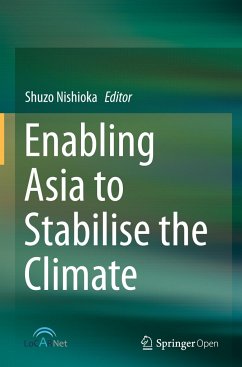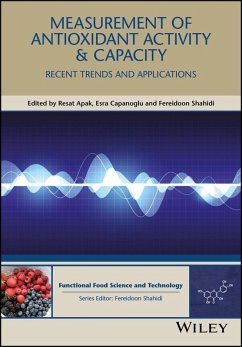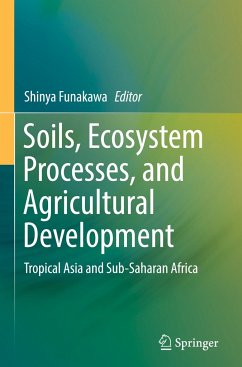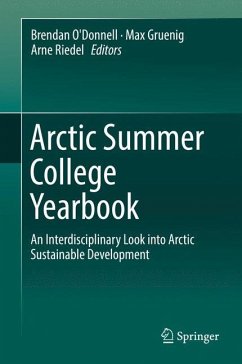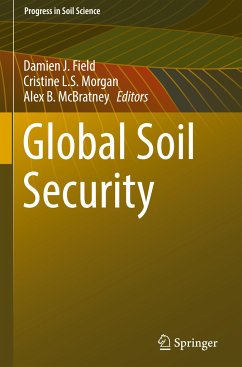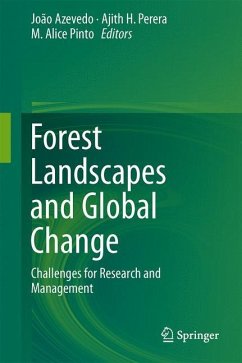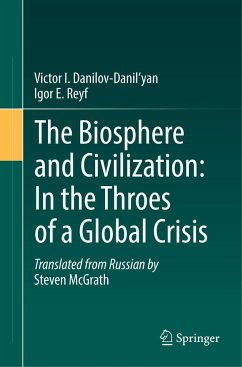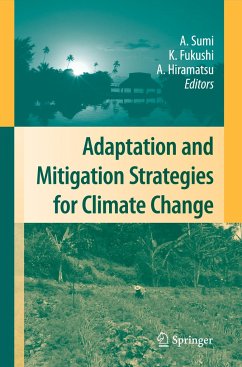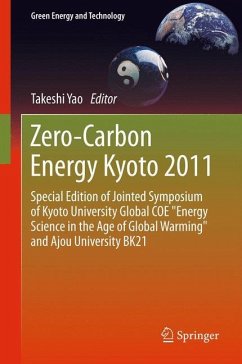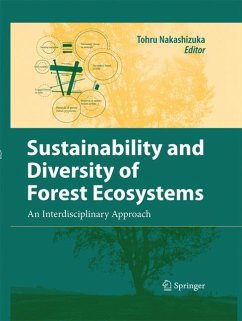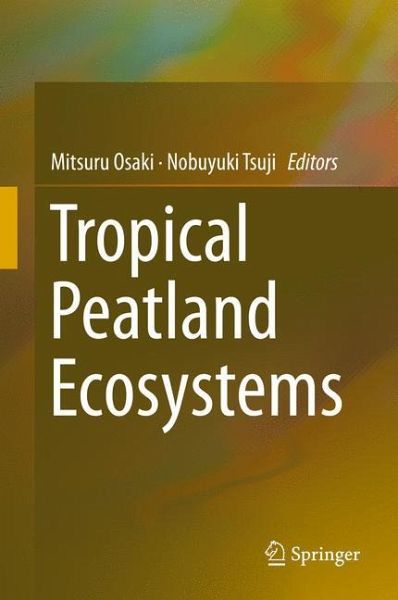
Tropical Peatland Ecosystems

PAYBACK Punkte
65 °P sammeln!
This book is an excellent resource for scientists, political decision makers, and students interested in the impact of peatlands on climate change and ecosystem function, containing a plethora of recent research results such as monitoring-sensing-modeling for carbon-water flux/storage, biodiversity and peatland management in tropical regions. It is estimated that more than 23 million hectares (62 %) of the total global tropical peatland area are located in Southeast Asia, in lowland or coastal areas of East Sumatra, Kalimantan, West Papua, Papua New Guinea, Brunei, Peninsular Malaysia, Sabah, ...
This book is an excellent resource for scientists, political decision makers, and students interested in the impact of peatlands on climate change and ecosystem function, containing a plethora of recent research results such as monitoring-sensing-modeling for carbon-water flux/storage, biodiversity and peatland management in tropical regions. It is estimated that more than 23 million hectares (62 %) of the total global tropical peatland area are located in Southeast Asia, in lowland or coastal areas of East Sumatra, Kalimantan, West Papua, Papua New Guinea, Brunei, Peninsular Malaysia, Sabah, Sarawak and Southeast Thailand. Tropical peatland has a vital carbon-water storage function and is host to a huge diversity of plant and animal species. Peatland ecosystems are extremely vulnerable to climate change and the impacts of human activities such as logging, drainage and conversion to agricultural land. In Southeast Asia, severe episodic droughts associated with the El Niño-Southern Oscillation, in combination with over-drainage, forest degradation, and land-use changes, have caused widespread peatland fires and microbial peat oxidation. Indonesia's 20 Mha peatland area is estimated to include about 45-55 GtC of carbon stocks. As a result of land use and development, Indonesia is the third largest emitter of greenhouse gases (2-3 Gtons carbon dioxide equivalent per year), 80 % of which is due to deforestation and peatland loss. Thus, tropical peatlands are key ecosystems in terms of the carbon-water cycle and climate change.





